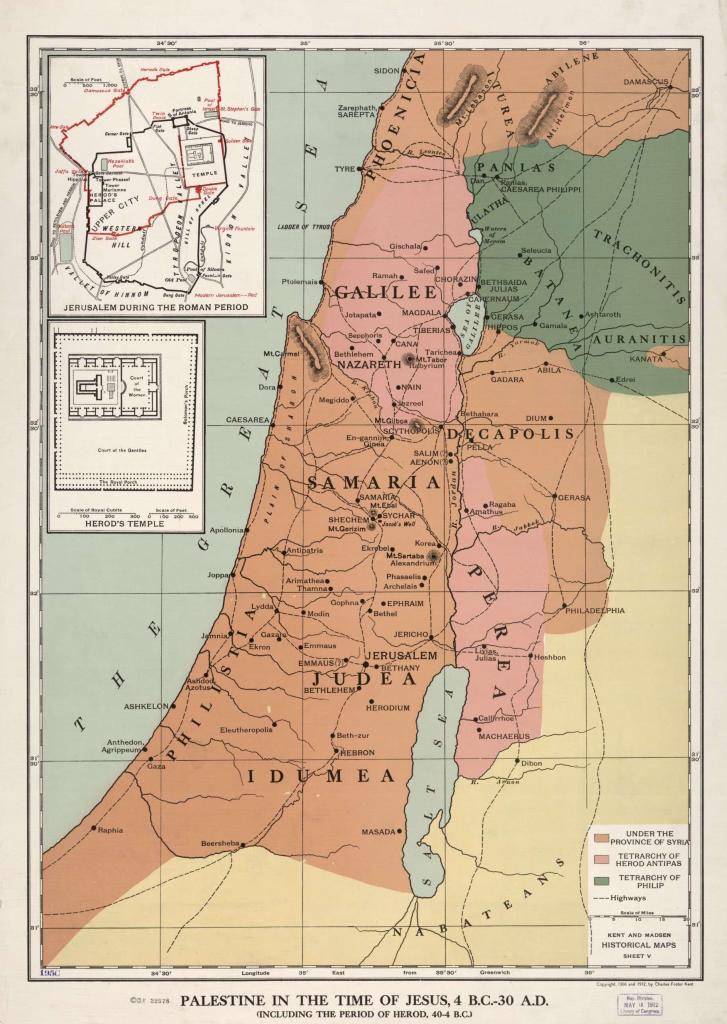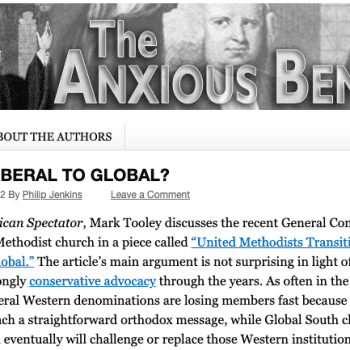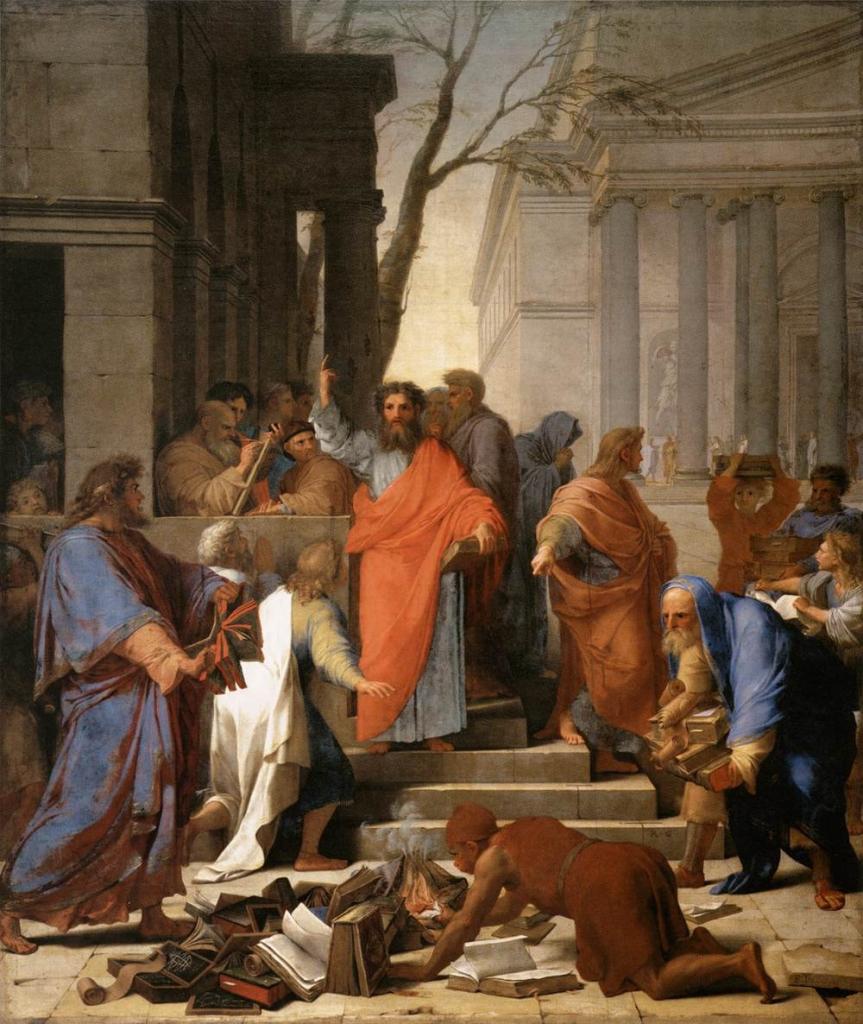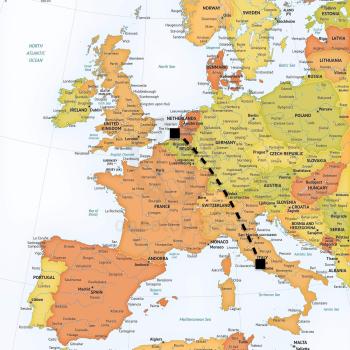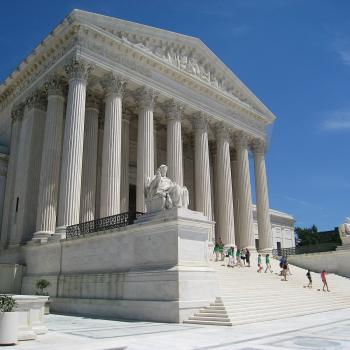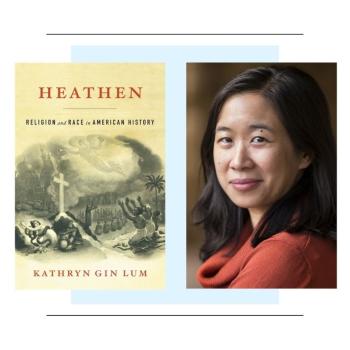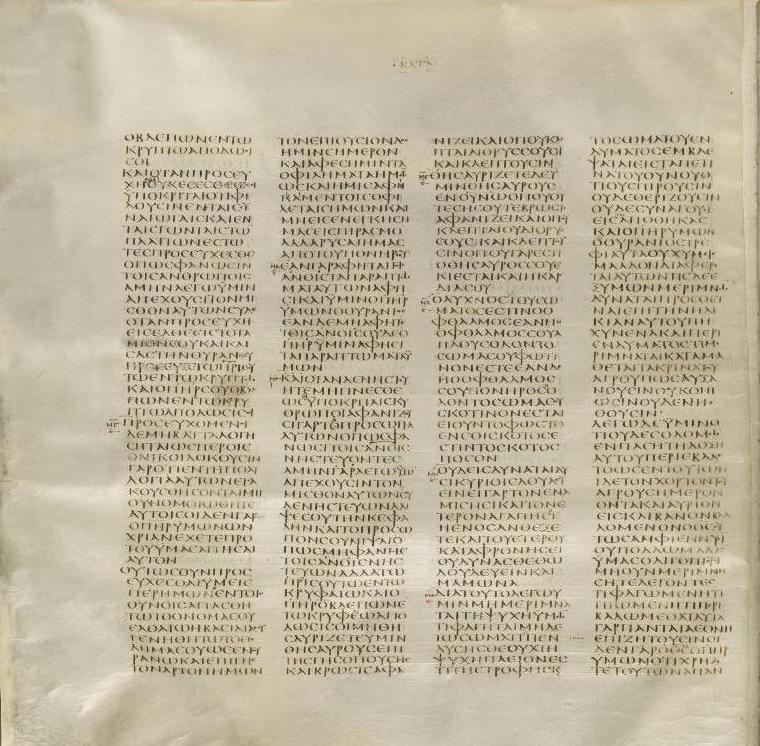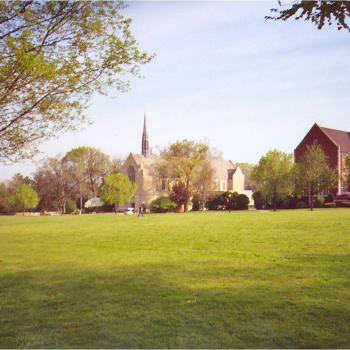The Biblical world at various eras is probably the most intensely studied society in human history. Just how many books, for instance, have been written about Palestine in the time of Jesus? Despite all that work, though, we still have major areas of ignorance about such a basic issue as population. If we look at a country today, that is such a critical theme. How many people are there to pay taxes, to serve in armies, to populate cities, and... Read more


